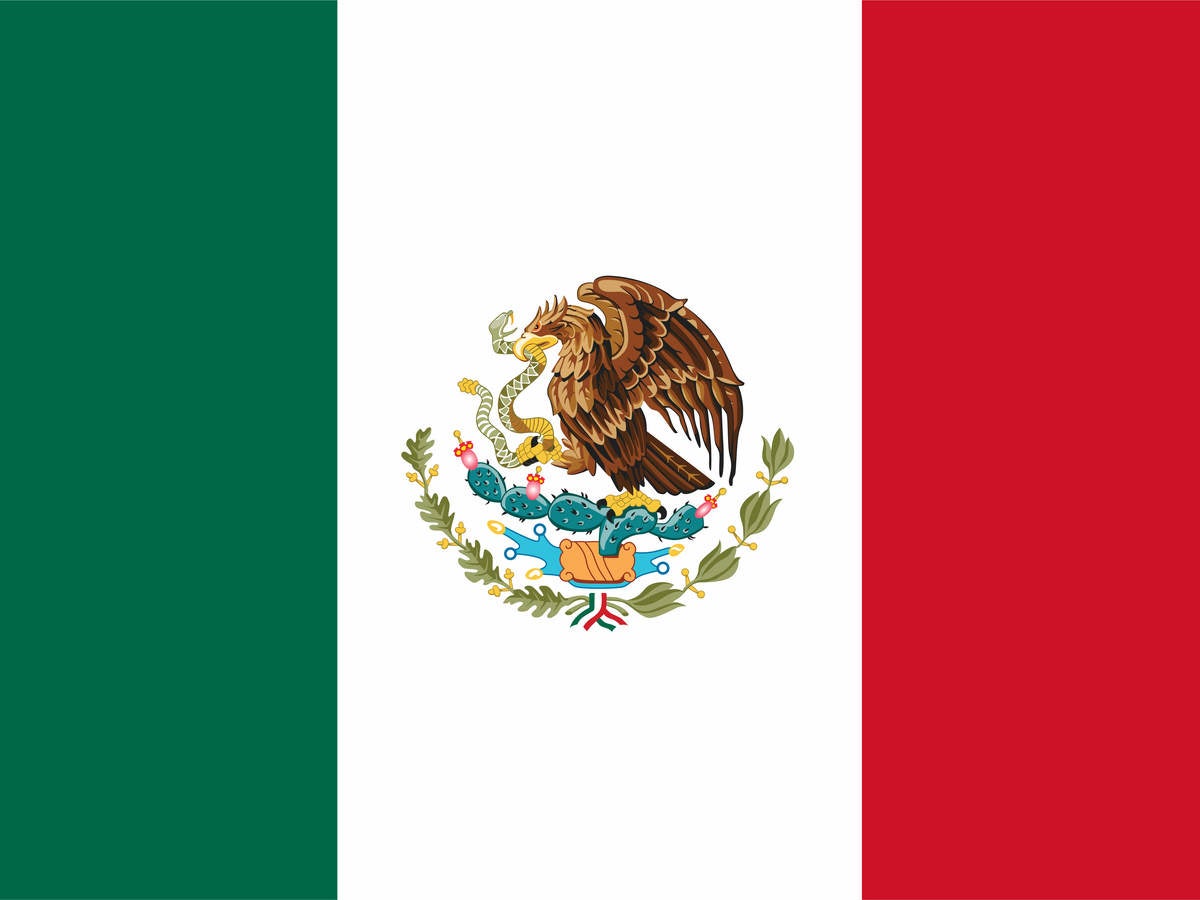August 15, 2023
By Pedro Omar Sánchez Neri
Mexican medical device market regulator COFEPRIS has published updated guidance covering modifications to device registrations in order to streamline review processes and reduce backlogs.
COFEPRIS released a statement (COFEPRIS-CFS-325-2023) in early August announcing new “classification” criteria for modifications of Sanitary Registrations for medical devices (as well as for products such as vitamins, pharmacochemical substances, biologics and biotechnological products) would soon be released. The intent of the new criteria is to reduce the regulator’s review backlog. The new classification criteria will take effect starting August 28, 2023, replacing the previous criteria implemented in February 2022.
OFICIO-CFS-325-2023 provides some important details related to the submission process. Modifications will now need to be submitted electronically (albeit still in person, using an USB flash drive storage medium properly tagged and labeled, upon requesting an appointment at the COFEPRIS Services Center, CIS).
COFEPRIS informed Emergo by UL that further updates regarding the Health Supplies Regulation and the Submissions and Services Agreement will be published in the upcoming months, adjusting the regulatory framework to support the changes related to this new classification criteria.
Revised COFEPRIS criteria for modifications to sanitary registrations
Following OFICIO-CFS-325-2023, COFEPRIS published a new guideline on August 9 (Guía De Criterios Para Clasificación de Modificaciones de Registros Sanitarios de Dispositivos Médicos) identifying the criteria and requirements for the modification of sanitary registrations of medical devices.
The guideline begins with references to the existing regulatory framework covering modification requirements, including the General Health Law, Health Supplies Regulation, Mexican Pharmacopoeia and subsequent agreements published in 2011, 2015, and in early 2022. It defines the concepts of Manufacturer, Legal Manufacturer and Real Manufacturer to make the applicable changes clearer:
- Legal manufacturer: Entity responsible for the safety, performance, quality, design, manufacture, conditioning orassembly of a system, or restoration, modification or adaptation of a medical device prior to its commercialization and its release as a finished product, regardless of whether these operations are carried out by the same entity or by a third party.
- Real manufacturer: Entity in charge of manufacturing, assembling, or remanufacturing a medical device (may be a subsidiary of the legal manufacturer), or contracted by the legal manufacturer to carry out manufacturing through a quality or maquila agreement.
It is now clear that explanatory letters to COFEPRIS issued by the manufacturer to further clarify the relationships between the entities are acceptable, when duly endorsed by the registration holder.
There are also several notes that confirm that documents in English are acceptable, but that information in other languages must be translated to Spanish (legal documents require sworn translations).
Key changes to the COFEPRIS guidance
Among the most important changes to the new guidelines are:
- Changes involving product formulation (in particular changes of active ingredients), physical presentation, changes of raw materials, technology advances, changes of components that have an impact on the functionality or intended purpose of the device, and changes that represent an alteration of the intended use will require a new registration.
- The original registration route will need to be maintained through subsequent modifications, so documentation will need to be supplied consistently (i.e., a model addition modification for a Health Canada registration, will require a Health Canada license, instead of any other Certificates of Free Sale (CFS) available to the manufacturer in other markets, such as a US Food and Drug Administration (FDA)-issued Certificate to Foreign Government, or CFG). Hence, it will be important to ensure that the registration route selected is optimal for the device throughout its product life cycle.
- Administrative modifications under homoclave COFEPRIS-2022-022-003-A now include:
- Change of address of the local or foreign distributor.
- Change of company name of the registration holder, manufacturer or distributor
- Change of distributor.
- Change of company name of the real manufacturer.
- Change of company name and address of the legal manufacturer. *
- Change of commercial name or product catalog number. *
- Change of secondary packaging material. *
- Removal of sales presentations. *
- Removal of distributors and/or manufacturer. *
*These changes were formerly considered as technical modifications.
- Technical modifications under homoclave COFEPRIS-2022-022-004-A include:
- Change of manufacturing sites (as long as they are affiliates or subsidiaries).
- Change of contract manufacturer (maquila).
- Reclassification of the medical device.
- Change of primary and secondary packaging material (from the above it can be surmised that this is applicable to changes on the primary packaging material or on both primary and secondary, since secondary packaging material changes are apparently now considered as administrative changes).
- Change of shelf-life.
- Model additions that do not represent technological advances nor modify the main intended use.
- Formula change (that does not involve substitution of the active ingredient nor affect the intended purpose).
- Rights transfer modifications under homoclave COFEPRIS-2022-022-005-A include:
- Change of the registration holder.
- The guideline mentions that when the Mexico Registration Holder (MRH) is listed as importer or distributor, rights transfer modifications may also tolerate changes to the importer and distributor section of the registration, as long as this is reflected on the label design and the modification contains the necessary representation letters for the supply chain participants. This apparently confirms that distributor changes are once again accepted under rights transfer modifications.
- Change of the registration holder.
Changes to documentation and definitions
The document requirements remain largely unchanged from the January 24, 2022 agreement lists, but the definitions are updated to reflect the concepts listed on the Suplemento para Dispositivos Médicos 5.0.
A few additional updates:
- Address updates resulting from street, city or zip code renaming conducted by government mandate, will require documentation issued by the authorities showing evidence that such is the case, or alternatively evidence of the notification to the notified body from the manufacturer to perform the address update on their Good Manufacturing Practice (GMP) certification.
- Address or company name changes for the legal manufacturer will now require updated legalized representation letters issued by the manufacturer to the registration holder and distributors.
- Legal manufacturers may be added even without a CFS (or equivalent), as long as there’s documentation evidence of the relationship between stakeholders.
- Legal documents shall be less than 30 months old when their validity periods haven’t been specified
- It is now clearly outlined that whenever a CFS is a requirement, it must contain the product’s commercial name, models, list of codes and the manufacturer information.
- All the information required on a Certificate of Analysis (when required) is clearly defined, including examples of other standard documentation that may fulfill this requirement (DHR, BPR, FIR, SFP).
- Modifications for registrations of condoms will require certificates of analysis issued by local laboratories.
- The requirements for shelf-life modifications include precise details mirroring the recent updates to the Suplemento.
- Formulation changes must present a formulation statement signed by the responsible quality representative, stability or aging studies, and Certificates of Analysis.
- There is confirmation that e-signatures are acceptable.
Concluding remarks: Speedier COFEPRIS reviews of modifications?
Emergo by UL believes this guideline is intended to align COFEPRIS reviewers and to set users’ expectations. In addition, it would appear that truly administrative modifications are intended to be reviewed more quickly.
Minor and moderate modifications to allopathic, herbalist and homeopathic medicine registrations will be approved immediately starting August 28, 2023, so we expect this represents a step towards immediate approvals for medical device administrative modifications in the near future, as well.
Pedro Omar Sánchez Neri is Consulting Manager, Mexico at Emergo by UL.
Request more information from our specialists
Thanks for your interest in our products and services. Let's collect some information so we can connect you with the right person.







